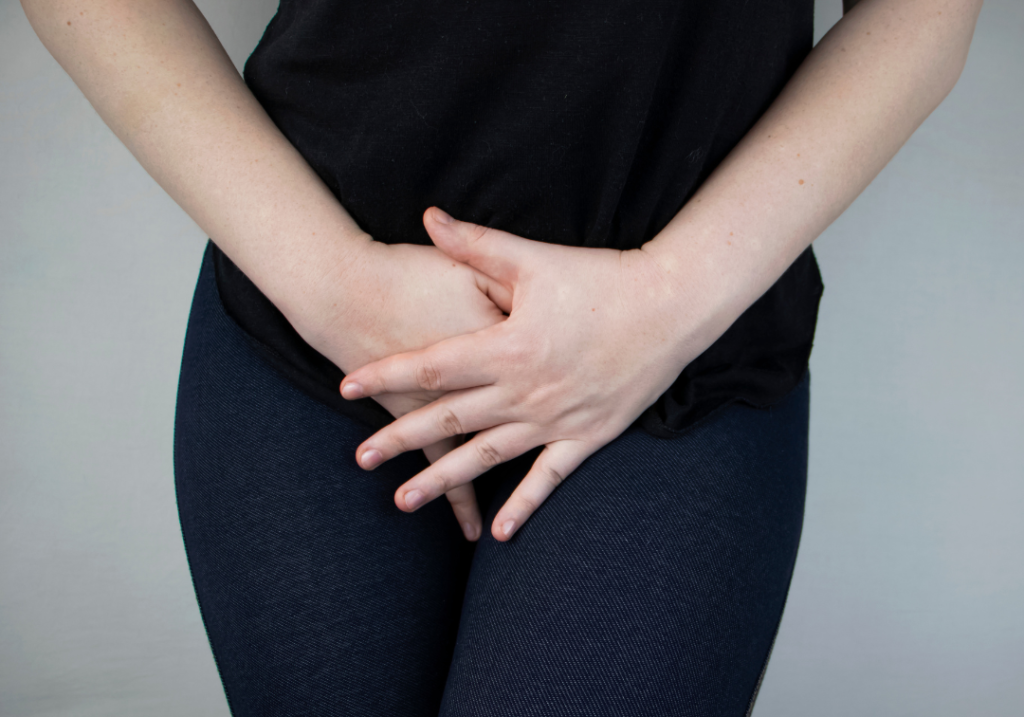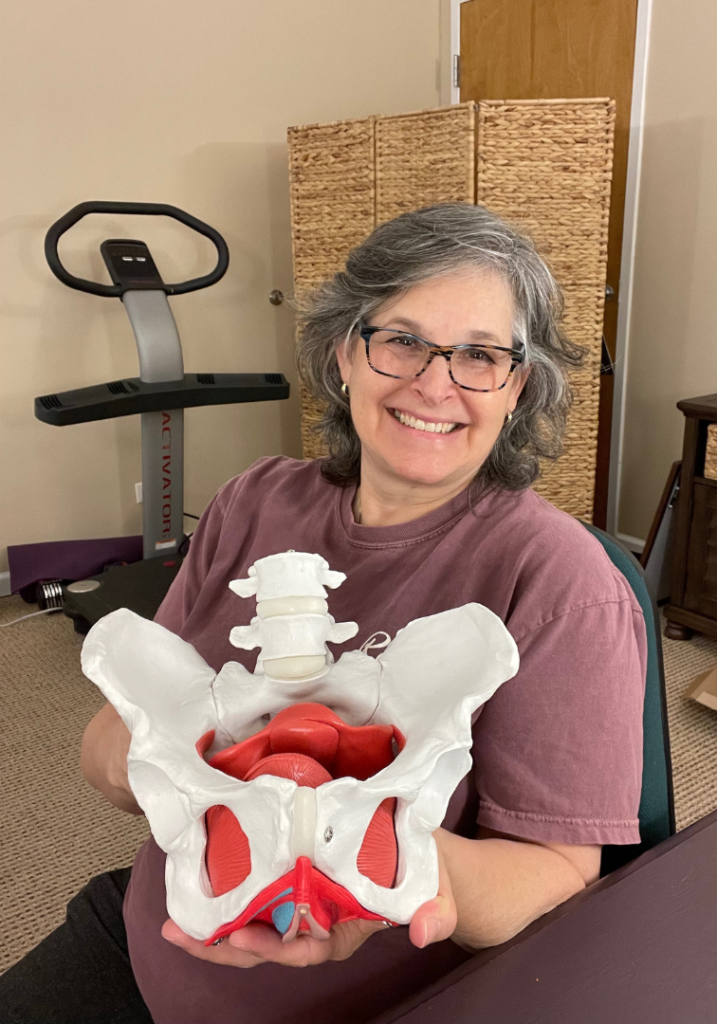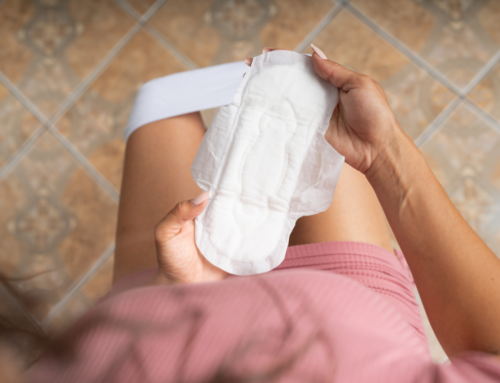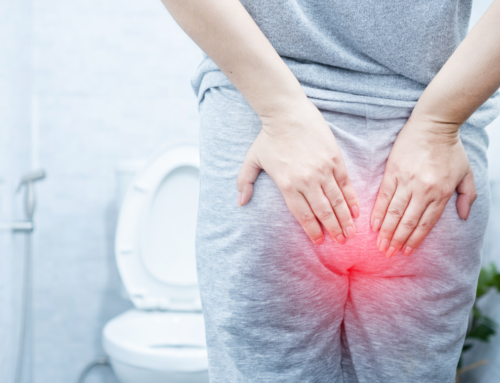Will urinary leaking get worse over time?
Will urinary leaking get worse over time?
Urinary leaking has become a common concern among women. It has become so prevalent that leaking has become the butt of the joke in many social settings from Memes to stand-up comedy. But is it really normal? And if you have leaking, will it get worse over time?
Often urinary leaking begins as a small issue that is easily ignored. Or it begins after a specific event such as childbirth, or a fall on the tailbone. In either case, the most common response women have is to ignore the symptoms and tell no one.
Urinary leaking has become a common concern among women. It has become so prevalent that leaking has become the butt of the joke in many social settings from Memes to stand-up comedy. But is it really normal? And if you have leaking, will it get worse over time?
Often urinary leaking begins as a small issue that is easily ignored. Or it begins after a specific event such as childbirth, or a fall on the tailbone. In either case, the most common response women have is to ignore the symptoms and tell no one.

Less than 50% of women that experience urinary leaking mention it to their medical practitioner
Less than 50% of women that experience urinary leaking mention it to their medical practitioner
Once the leaking becomes problematic enough additional measures may be implemented. Measures like
· Stashing extra clothes in case their clothing gets wet.
· Crossing their legs when they sneeze, cough, or laugh.
· Using panty liners or pads for leaking urine.
· Going to the bathroom more often, just in case.
All of these measures help keep symptoms from being discovered, but they don’t address the reason for leaking in the first place.
There can be many causes for urinary leaking. How the symptoms progress depends on the root cause. But in many cases, the symptoms WILL progress, slowly, over time. Unless an intentional correction is made.
Once the leaking becomes problematic enough additional measures may be implemented. Measures like
· Stashing extra clothes in case their clothing gets wet.
· Crossing their legs when they sneeze, cough, or laugh.
· Using panty liners or pads for leaking urine.
· Going to the bathroom more often, just in case.
All of these measures help keep symptoms from being discovered, but they don’t address the reason for leaking in the first place.
There can be many causes for urinary leaking. How the symptoms progress depends on the root cause. But in many cases, the symptoms WILL progress, slowly, over time. Unless an intentional correction is made.

Peri-menopause can cause urinary leaking to get worse
Peri-menopause can cause urinary leaking to get worse
Peri-menopause is the period leading up to menopause, during which a woman’s hormones begin to fluctuate, and her body begins to undergo changes.
One of the effects of perimenopause is that the tissues of the vagina and urinary tract can become thinner and less flexible, making them more prone to irritation and injury. This can lead to urinary leaking, as well as other symptoms such as vaginal dryness.
While the hormonal changes are the root cause. Addressing the local tissues to improve flexibility, motor control, and strength will significantly improve your ability to open and close at the bottom, including the urethra.
Peri-menopause is the period leading up to menopause, during which a woman’s hormones begin to fluctuate, and her body begins to undergo changes.
One of the effects of perimenopause is that the tissues of the vagina and urinary tract can become thinner and less flexible, making them more prone to irritation and injury. This can lead to urinary leaking, as well as other symptoms such as vaginal dryness.
While the hormonal changes are the root cause. Addressing the local tissues to improve flexibility, motor control, and strength will significantly improve your ability to open and close at the bottom, including the urethra.
Leaking can get worse over time with poor pressure management
Leaking can get worse over time with poor pressure management
In some cases, how a woman uses the muscles in her core and trunk can significantly affect the pressures that build up around the bladder and the pelvic floor. Building pressure in the abdomen that pushes downward can affect the position of the bladder, the pressures on the bladder as it fills, and the ability of the pelvic floor muscles to provide closing pressure.
Unintentional habitual pressure on the bladder and pelvic floor can overwhelm the body’s ability to close the urethral opening. And create other urinary problems as well such as dribbling after voiding, or incomplete emptying.
In some cases, how a woman uses the muscles in her core and trunk can significantly affect the pressures that build up around the bladder and the pelvic floor. Building pressure in the abdomen that pushes downward can affect the position of the bladder, the pressures on the bladder as it fills, and the ability of the pelvic floor muscles to provide closing pressure.
Unintentional habitual pressure on the bladder and pelvic floor can overwhelm the body’s ability to close the urethral opening. And create other urinary problems as well such as dribbling after voiding, or incomplete emptying.
Leaking due to ligament laxity
Leaking due to ligament laxity
Ligament laxity can begin for a variety of reasons. Changes in ligament length can begin to compromise the support system inside the pelvis that holds up the bladder and urethra.
This lack of support allows the bladder and urethra to drop down and change the position of the tissue around the urethral opening, making it more difficult to close. Ligament laxity increases with a variety of factors including:
· Multiple births
· Weight gain
· Poor posture
· Pelvic Surgeries (ie. hysterectomy)
· Gravity
· Smoking
· Chronic coughing
Ligaments that have stretched decrease the stability of the pelvic ring and the organs inside over time. Urinary leaking can be a pre-curser to other pelvic problems like organ prolapse, and chronic back pain.
Ligament laxity can begin for a variety of reasons. Changes in ligament length can begin to compromise the support system inside the pelvis that holds up the bladder and urethra.
This lack of support allows the bladder and urethra to drop down and change the position of the tissue around the urethral opening, making it more difficult to close. Ligament laxity increases with a variety of factors including:
· Multiple births
· Weight gain
· Poor posture
· Pelvic Surgeries (ie. hysterectomy)
· Gravity
· Smoking
· Chronic coughing
Ligaments that have stretched decrease the stability of the pelvic ring and the organs inside over time. Urinary leaking can be a pre-curser to other pelvic problems like organ prolapse, and chronic back pain.

Pelvic Floor Muscle Dysfunction and increased urinary leaking
Pelvic Floor Muscle Dysfunction and increased urinary leaking
The pelvic floor muscles are directly involved in the opening and closing of the urethra. If the muscles and surrounding fascia becomes too tight and inflexible it cannot expand to allow the muscles to create closing pressure, if the muscles are too weak, they cannot generate the pressure needed to close the urethra.
Pelvic floor muscles need to be able to both lengthen and contract to work properly. If they develop a pattern of dysfunction, that pattern can build, making symptoms worse.
The pelvic floor muscles are directly involved in the opening and closing of the urethra. If the muscles and surrounding fascia becomes too tight and inflexible it cannot expand to allow the muscles to create closing pressure, if the muscles are too weak, they cannot generate the pressure needed to close the urethra.
Pelvic floor muscles need to be able to both lengthen and contract to work properly. If they develop a pattern of dysfunction, that pattern can build, making symptoms worse.
Pelvic Floor Physical Therapy is an Effective treatment to prevent your urinary leaking from getting worse over time
Pelvic Floor Physical Therapy is an Effective treatment to prevent your urinary leaking from getting worse over time
It is important to recognize that urinary leaking can worsen over time if not properly addressed. Perimenopause, Muscle dysfunction, poor pressure management, ligament laxity, and pelvic floor dysfunction are a few of the possible problems that contribute to urinary leaking. If you are experiencing urinary leaking, reach out to your medical practitioner or a pelvic floor physical therapist to help you identify YOUR contributing factors and help develop treatment to prevent worsening of your symptoms. With the right approach, you will be able to significantly improve your control of urinary leaks. And that will feel like freedom.
It is important to recognize that urinary leaking can worsen over time if not properly addressed. Perimenopause, Muscle dysfunction, poor pressure management, ligament laxity, and pelvic floor dysfunction are a few of the possible problems that contribute to urinary leaking. If you are experiencing urinary leaking, reach out to your medical practitioner or a pelvic floor physical therapist to help you identify YOUR contributing factors and help develop treatment to prevent worsening of your symptoms. With the right approach, you will be able to significantly improve your control of urinary leaks. And that will feel like freedom.

Holly McDonald, PT
Pelvic Rehab Specialist
HoHolly McDonald, PT
Pelvic Rehab Specialist
My practice is in Winston Salem NC. I see some patients virtually, but in-person is even better.
I am located at 501 Shepherd St. Winston Salem NC 27103. For more information, or to schedule an appointment please call the office at 336-414-2050, or email us at office@reliefpt.com.
My practice is in Winston Salem NC. I see some patients virtually, but in-person is even better.
I am located at 501 Shepherd St. Winston Salem NC 27103. For more information, or to schedule an appointment please call the office at 336-414-2050, or email us at office@reliefpt.com.






